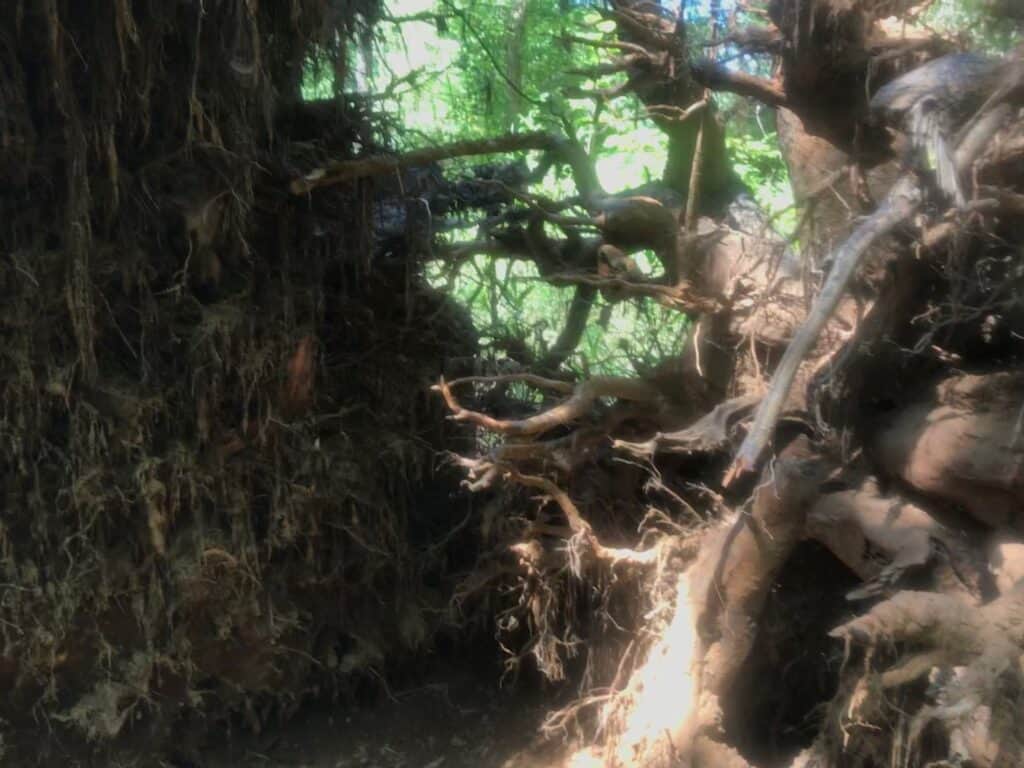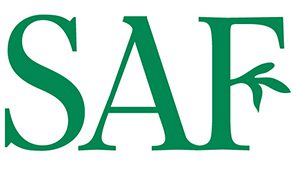– Lucy Thames, 2021 Cosecha fellow

Oppression is at the core of our systems. We’ve seen it in the fields, from the labor of enslaved people to migrant farmworkers. We’ve seen it in our neighborhoods, from blatant segregation to redlining. We’ve seen it even in the changemaking spaces that many of us love, from a lack of funding for organizations doing critical, community-based work to funding or reporting requirements that are much higher than our capacity. That’s not to say that these systems of oppression haven’t been challenged – organization and collective action have been strong forces, too.
But we know from these efforts that we cannot pull out all of the roots in one day. And we certainly cannot pull them out on our own. And even with this knowledge, it’s amazingly easy for the work to be all-consuming. Sometimes there are Friday night funder emergencies, or requests that it’s hard to say no to, or calendars that are a little too packed to take a break after attending an event after-hours.
As fellows, we’ve all reflected on the various ways in which we fall into this pattern. It’s part of a broader, institutionalized white supremacist culture that tells us that we must not make mistakes; that the work is our responsibility alone and that it’s all of the utmost urgency; that we are measured more by what we produce than by who we are. And because the work matters to us, far too often we throw ourselves into it.
But this work is long-term, strategic, and collective. We can’t sustain it without taking care of ourselves and looking out for each other. That doesn’t mean that we don’t give it our best, that there are never late nights, or that we don’t take on aspirational projects. But we operate at our best when we do things like drinking water, getting sleep, and taking a bit of time to ourselves to reflect and grow.
In Cosecha this year, we’ve talked about the necessity of focusing on strategies that are both aspirational and operational – envisioning what a more equitable system, or process, or institution might look like and then using our positions to work towards it. Sometimes it looks like slowing down a meeting agenda, or questioning a grant report that only focuses on the numbers. Other times it looks like wading through mud at a dairy farm in order to share information about workplace rights.
We cannot pull out all of the roots in one day. And we certainly cannot pull them out on our own. But whatever tugging on them looks like today, let us pause. Take a breath. So that tomorrow, we can tug a little harder.
